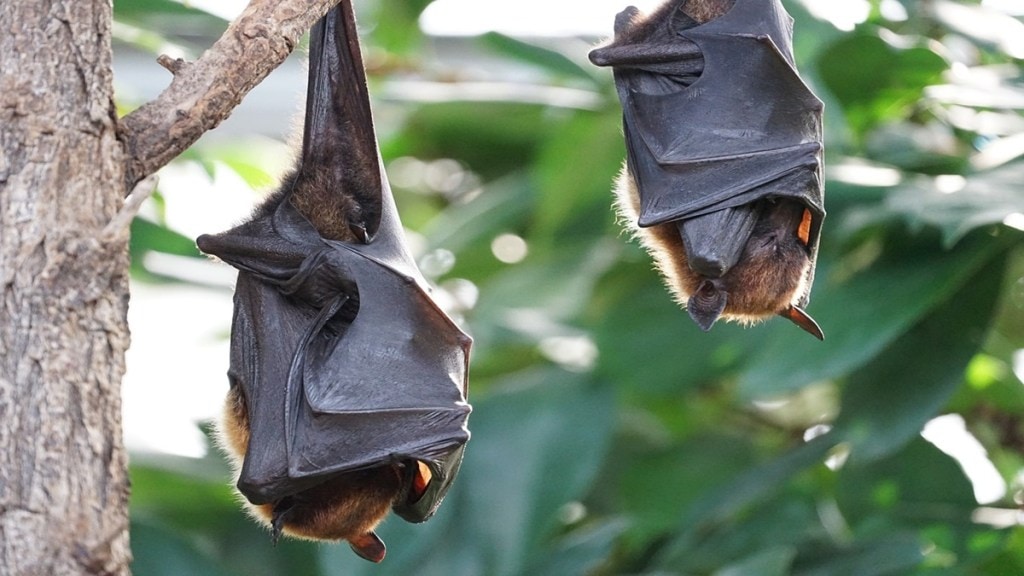Nipah virus: Ahead of the bat breeding season, Kerala’s Health Department has initiated awareness activities in five districts in the State that are considered to be hotspots for the zoonotic infection – Kozhikode, Malappuram, Kannur, Wayanad, and Ernakulam.
According to a Mathrubhoomi report, The Kozhikode-based Kerala One Health Centre for Nipah Research has recently issued fresh warnings, urging heightened vigilance in Malappuram, Kozhikode, Kannur, Wayanad and Ernakulam districts. These districts have previously recorded the presence of the Nipah virus in humans or fruit bats.
Every year, the months from May to September, which coincide with the breeding season of fruit bats, are regarded as the peak period for the virus’s spread. However, recent studies suggested that the risk extends into February as well, leading to increased monitoring efforts.
Meanwhile, Malappuram District Medical Officer Dr R Renuka stated that any patient presenting with a viral illness affecting the brain is being tested for Nipah. Reportedly, this protocol applies to patient visiting both government and private hospitals. According to the Mathrubhoomi report, the authorities have emphasised that if there are any suspected case, samples will be collected and sent to Manjeri Medical College or Kozhikode Medical College for initial testing.
What is Nipah virus?
Nipah virus (NiV) is a zoonotic virus (it is transmitted from animals to humans) and can also be transmitted through contaminated food or directly between people.
According to the World Health Organization (WHO), the virus can cause a range of illnesses from asymptomatic (subclinical) infection to acute respiratory illness and fatal encephalitis.
The virus can also cause severe disease in animals such as pigs, resulting in significant economic losses for farmers, WHO stated.
What are the symptoms?
Initial symptoms of nipah virus may include:
- Fever.
- Headache.
- Breathing difficulties.
- Cough and sore throat.
- Diarrhea.
- Vomiting.
- Muscle pain and severe weakness.
Symptoms typically begin within four to 14 days after exposure to the virus, according to Cleveland Clinics.
How is nipah virus treated?
There are no antiviral medications to treat the virus. This means treatment consists of managing your symptoms. This may consist of:
- Drinking lots of water.
- Getting plenty of rest.
- Taking acetaminophen or ibuprofen.
- Using medications to control nausea or vomiting.
- Using inhalers or nebulizers to improve breathing difficulties.
- Taking antiseizure medications if you experience a seizure.
Researchers are studying using monoclonal antibody treatment for nipah virus, Cleveland Clinics reported.

